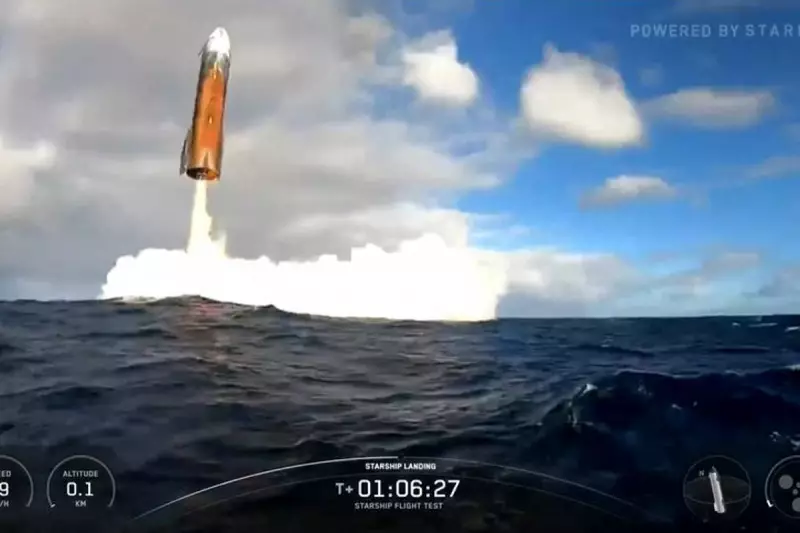
NASA Administrator Bill Nelson has issued a stark warning, declaring the United States is now locked in a high-stakes space race against China to be the first to establish a permanent outpost on the Moon and control its strategic resources.
In a candid interview, the former astronaut turned agency chief expressed grave concerns that Beijing's ambitions extend far beyond scientific discovery. He fears the Chinese Communist Party's lunar programme is a thinly veiled effort to dominate the most resource-rich regions of the Moon and prevent other nations, namely the US, from accessing them.
The Scramble for the Lunar South Pole
The focal point of this new 21st-century contest is the Moon's South Pole. This region is critically important because it is believed to harbour vast, permanently shadowed craters containing water ice. This water is not just for drinking; it can be split into hydrogen and oxygen to create rocket fuel, effectively turning the Moon into a cosmic gas station for deeper space missions.
"We believe that a lot of their so-called civilian space programme is a military programme," Nelson stated, highlighting the dual-use nature of the technology being developed. The fear in Washington and at NASA headquarters is that China will use its state-controlled efforts to land astronauts on the Moon before the US can return and lay claim to these pivotal territories.
Artemis vs. China's Ambitions
America's return to the Moon hinges on the success of its Artemis programme. However, this monumental endeavour has been plagued by technical delays and budgetary challenges. The programme's success is intrinsically linked to SpaceX's Starship, a colossal rocket and spacecraft system that must be ready to ferry astronauts to the lunar surface.
Nelson's comments underscore a palpable sense of urgency. The timeline is tight. While China has not publicly announced a specific date for a crewed landing, many analysts believe it could be achievable by 2030. This sets the stage for a dramatic photo finish, with both superpowers racing to plant their flags in the lunar soil once more.
A Call to Action
Ultimately, Nelson's stark message serves as a powerful call to action for American policymakers and the public. He aims to galvanise support for NASA's budget and mission, framing it not merely as a quest for knowledge but as a vital strategic imperative for national security and future economic prosperity in the space domain. The race for the Moon is well and truly on.





